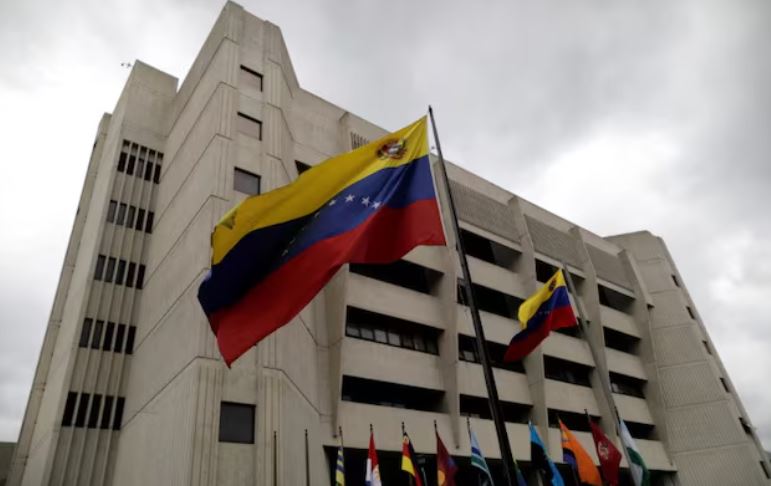Venezuela’s Election Dispute: Supreme Court’s Controversial Ruling
In a dramatic twist in Venezuela’s political saga, the Supreme Court has declared that the opposition coalition failed to present evidence in the contentious presidential election held on July 28. This decision is poised to have far-reaching implications, given the entrenched positions of the opposing factions and the international scrutiny surrounding the electoral process.
Lack of Evidence in Election Dispute
The Supreme Court’s ruling comes amid a heated dispute over the legitimacy of the election results. The opposition, led by Edmundo Gonzalez, has alleged electoral fraud, claiming that their candidate won by a significant margin. However, the court’s Chief Justice, Caryslia Rodriguez, announced on August 10 that the opposition had not submitted any electoral materials to substantiate their claims. This revelation has exacerbated tensions between the government and its adversaries, raising questions about the transparency and credibility of the electoral process.
The Venezuelan electoral authority, which the opposition accuses of bias towards President Nicolas Maduro, declared him the winner of the re-election. Despite this, the authority has yet to release a detailed vote count, and its website has been inoperative since the early hours of July 29. In contrast, the opposition coalition has published their own ballot count, indicating that Gonzalez received double the votes of Maduro. This discrepancy underscores the growing chasm between the official results and the opposition’s claims.
Court’s Final Decision and Its Implications
The Supreme Court has made it clear that its forthcoming ruling on the election will be definitive and unappealable. Rodriguez emphasized that the court’s decision would be obligatory, and compliance with it would be mandatory. This stance reflects the court’s intention to conclude the matter decisively, yet it also raises concerns about judicial impartiality given the political stakes involved.
Maduro’s appeal for the Supreme Court to verify the results led to a summons for all candidates. Gonzalez, citing fears of arrest, did not attend the proceedings. Opposition members who did attend pressed for the release of the electoral ballots. However, the opposition has previously claimed that their ballots are secured and not accessible for immediate verification.
International Reactions and Diplomatic Pressures
The international community has been vocal in its reaction to the election dispute. On August 8, Brazil, Colombia, and Mexico issued a joint statement calling for the electoral authority to disclose a comprehensive vote count. They argued that the Supreme Court should not be the final arbiter in this matter, suggesting that external oversight might be necessary to ensure fairness.
Meanwhile, reactions have been polarized. While Western nations, including the United States, have denounced Maduro’s victory as illegitimate, Russia and China, key allies of the Venezuelan government, have congratulated him. This divergence in international responses highlights the geopolitical dimensions of Venezuela’s political crisis.
Summary
The Venezuelan Supreme Court’s decision to dismiss opposition evidence in the July 28 election has intensified the ongoing dispute over the legitimacy of the presidential results. With the court’s ruling expected to be final, the lack of transparency from the electoral authority and divergent international reactions add layers of complexity to the situation.
Soumya Smruti Sahoo is a seasoned journalist with extensive experience in both international and Indian news writing. With a sharp analytical mind and a dedication to uncovering the truth, Soumya has built a reputation for delivering in-depth, well-researched articles that provide readers with a clear understanding of complex global and domestic issues. Her work reflects a deep commitment to journalistic integrity, making her a trusted source for accurate and insightful news coverage.



